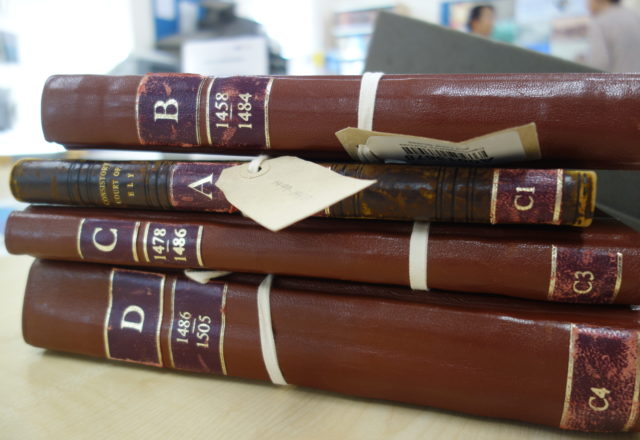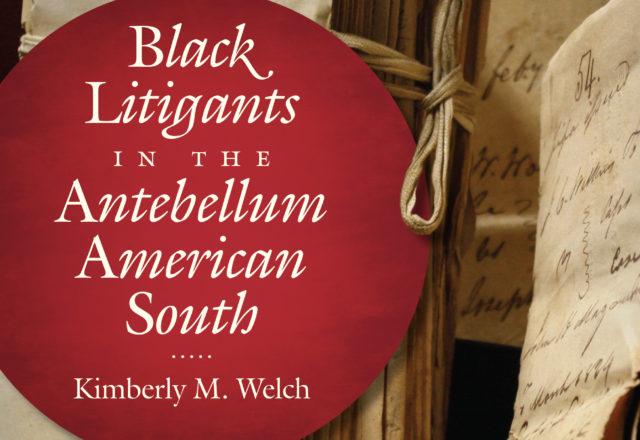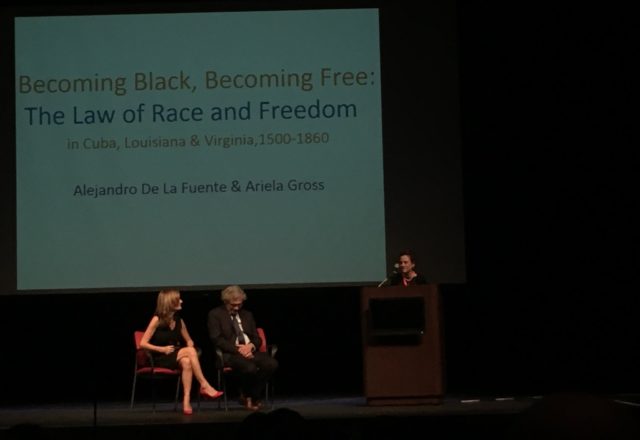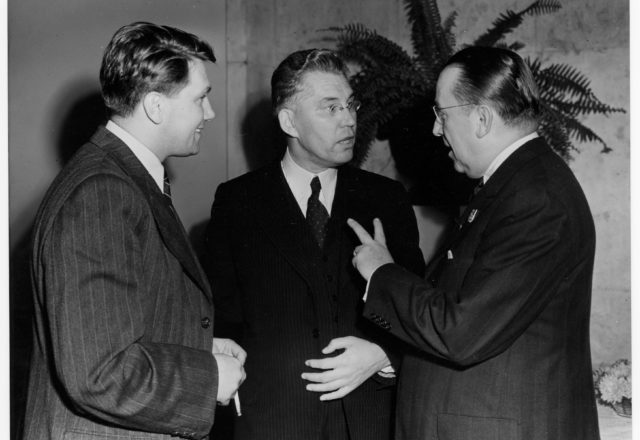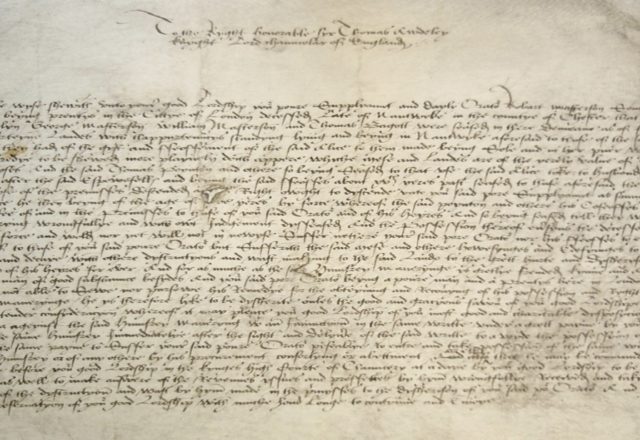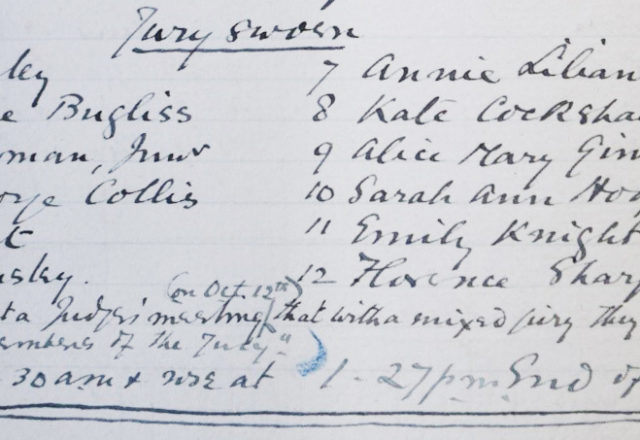Cordelia Beattie‘s article, “Married Women’s Wills: Probate, Property, and Piety in Later Medieval England,” appears in the latest issue of Law and History Review. Below, she explains some of her main insights into married women’s property in medieval England. The Married Women’s Property Act of 1882, which gave wives the right to own their…
Issue: Volume 2, Issue 1 (March 2019)
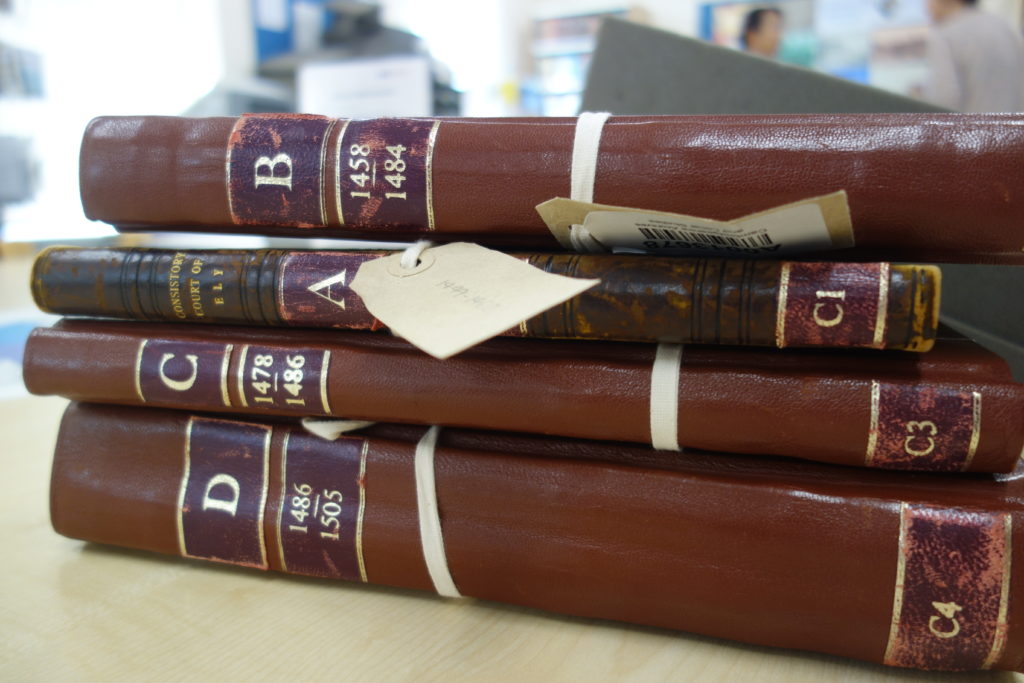
A Free Black Man and the Problem of Legal Knowledge: An Interview with Kimberly Welch
Kimberly Welch examines the diaries of William Johnson, a free black barber in antebellum Natchez, Mississippi to understand his efforts to best use the law to safeguard his rights and property.
The Law of Race and Freedom: An Interview with Ariela Gross and Alejandro de la Fuente
The fact that slaveholders across our jurisdictions complained bitterly about the rights enslaved people carved out for themselves in suing for freedom suggests that they felt threatened by these claims.
“The Great Humanitarian”: Soviet Influence on the Geneva Conventions
“When combining my records from Eastern and Western archives, I recognized a much richer history of international law than I had ever imagined before.”
Formulaic Emotions and Why They Matter in Historical Research
Merridee Bailey argues that formulaic language should be understood not as ritualized and empty but potentially reflective of strategic use of the late medieval and early modern chancery court system to seek redress.
The Jury Franchise and Ideals of Citizenship in Interwar Britain
In my article in the Law and History Review, I chart a series of reforms to the rules used for identifying people qualified as jurors in England and Wales during the 1920s. The Sex Disqualification (Removal) Act of 1919 ended restrictions on women acting as lawyers, as judges, and as jurors, and so, as the…


